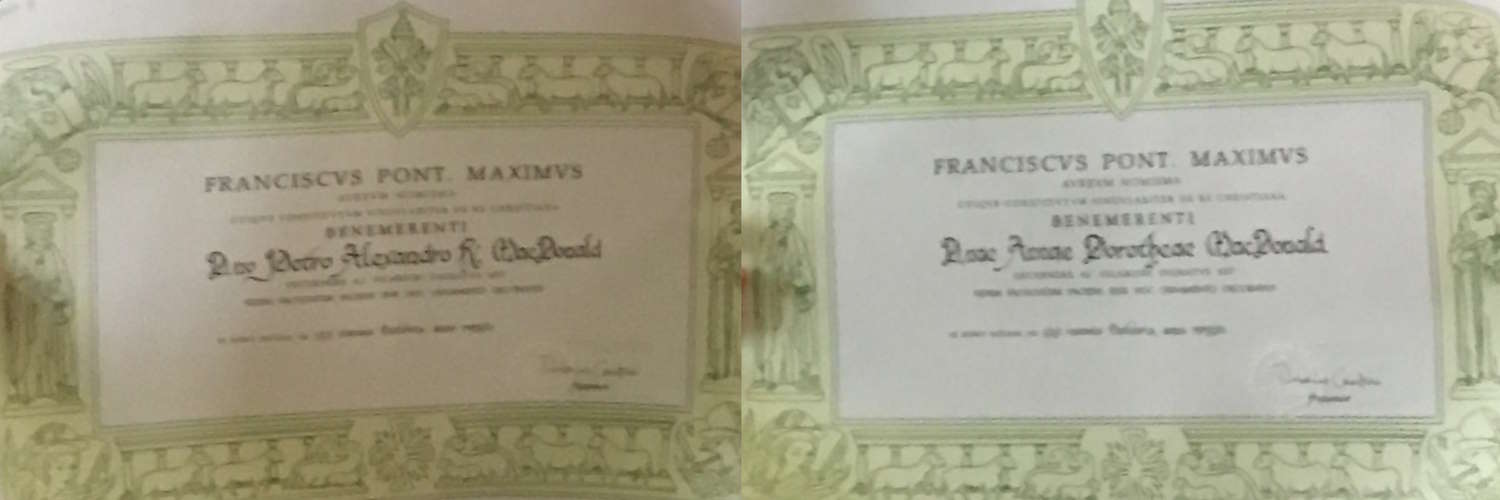Although the right to freedom of thought, conscience and religion are fundamental human rights and an individual’s religion and belief are protected characteristics in equalities legislation, recent events have left many citizens seriously concerned over the negative characterisation of religion in civic life. These concerns focus on two interconnected issues: disqualification from political leadership and the silencing of conscience in general. We share these concerns.
Regarding leadership, it has been suggested that Kate Forbes MSP is unsuited to leading her party and to becoming First Minister because of her religious convictions. We feel obliged to restate the well-established civic principle, that holding or expressing religious beliefs and values does not and should not debar any individual from leadership in public office.
Regarding the silencing of conscience in general, we are particularly troubled by the increasing prevalence of political parties removing the right of conscience from their parliamentarians on votes involving contentious moral issues. Such actions inhibit freedom and are insidiously conformist in nature. They compromise open and honest debate and risk marginalising minority groups.
In his address to parliamentarians and civic leaders in Westminster Hall in 2010 Pope Benedict XVI lamented the “marginalisation” of religion which he described as a worrying sign of “a failure to appreciate” what he described as “the legitimate role of religion in the public square.” He went on to offer a positive prospectus where “the Church and the public authorities can work together for the good of citizens” through the promotion of “dialogue and respect at every level.
We echo these sentiments and urge our civic leaders to recognise the dignity of the human person and the right of everyone to participate without discrimination in civic society according to their beliefs and conscience; without this guarantee our society cannot be free nor fair.
Source: Bishops’ Conference of Scotland



